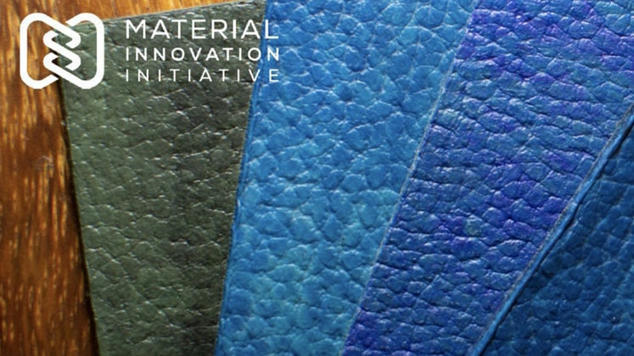
According to the report, those respondents who were ‘extremely’ or ‘very’ inclined to reply were ‘early adopters’ of next-generation materials, and members of this group were all prepared to spend at least the same amount for these materials as opposed to conventional ones.
According to the analysis, petrochemical-based synthetics and conventional items made from animal byproducts like leather, wool, down, silk, and fur are not as sustainable as next-generation materials.
These environmentally friendly items are created without the use of animals or their byproducts utilising a variety of cutting-edge processes and materials, including recycled textiles, plant-based fibres, algae, mycelium, agricultural waste, programmed microorganisms, and grown animal cells.

About the Author

EcoVadis is a purpose-driven company dedicated to embedding sustainability intelligence into every business decision worldwide. With global, trusted and actionable ratings, businesses of all sizes rely on EcoVadis’ detailed insights to comply with ESG regulations, reduce GHG emissions, and improve the sustainability performance of their business and value chain across 220 industries in 180 countries. Leaders like Johnson & Johnson, L’Oréal, Unilever, Bridgestone, BASF and JPMorgan are among 150,000+ businesses that use EcoVadis ratings, risk, and carbon management tools and e-learning platform to accelerate their journey toward resilience, sustainable growth and positive impact worldwide.
Follow on Linkedin
Visit Website
More Content by EcoVadis EN
Follow on Twitter Follow on Linkedin Visit Website More Content by EcoVadis EN


